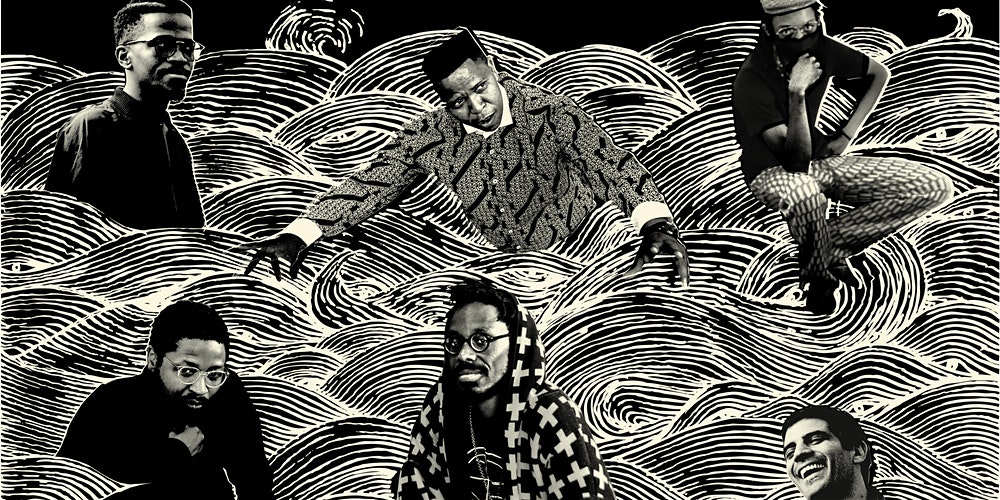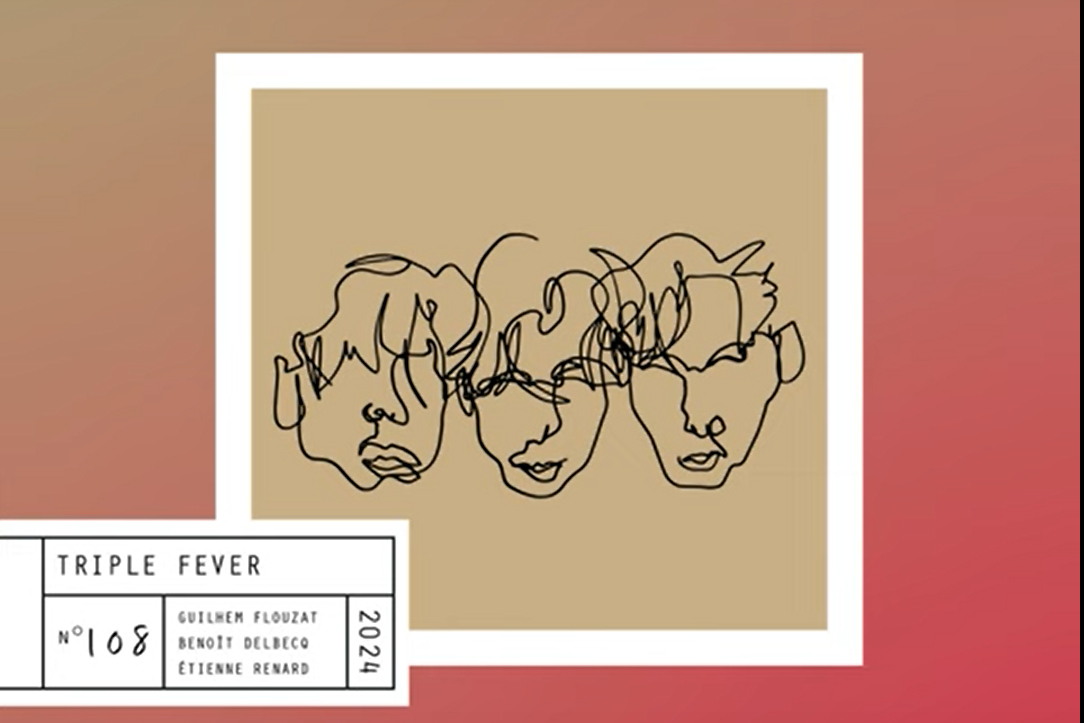Review: Shabaka and the Ancestors’ ‘We Are Sent Here By History’
|
Getting your Trinity Audio player ready...
|
From the Thirteenth to the Seventeenth Centuries, the powerful Mali Empire ruled Western Africa. Encompassing modern Mauritania, Niger, Gambia, Guinea, Ivory Coast, Senegal, Burkina Faso, and Mali, the nation was led by members of the Keita dynasty, a series of rulers who tracked their heritage to Bilal Keita, a freed slave who became a close associate of the Muslim prophet Muhammad. This lineage was preserved by the griots, a highly respected hereditary title for musicians who would preserve the oral tradition through song. Their storytelling, however, was far more than just the recordkeeping of nobility as griots were also relied upon to preserve historical narratives, cultural values, and praise songs. In many ways, it was artists who preserved the civilization’s legacy. Over time, their role transitioned primarily to one of entertainment. On We Are Sent Here By History (Impulse! 2020), Shabaka and the Ancestors successfully send a clarion call for the modern reemergence of the griot as a messenger.
On “They Who Must Die” and “You’ve Been Called”, bandleader Shabaka Hutchings and vocalist Siyabonga Mthembu reference the burning of numerous concepts and items. These allusions can be taken as a means of opposing these modern concerns including debt (bills, mortgages, and student loans) and poverty more generally. But the fire spreads far beyond these items to also engulf names, records, archives, and writers’ thoughts. The one commonality among those on the list of scorched pieces is their identity as information reduced to tangible form. By showcasing their destruction, the band is in many ways advocating the transition to their maintenance and delivery through oral means. This is further underscored by Hutching’s poetry included with the album which includes the line “an act of destruction becomes creation.” That is, the cessation of existing methods of communication would make way for a new one.
The rest of the recording focuses primarily on the various roles of the griot in this proposed paradoxically new and ancient system. “They Who Must Die” features refrains of “African time” and “Genes and Spirits” to further underscore the griot’s role as a historian, genealogist, and religious leader. “Go My Heart, Go to Heaven”’s presentation of a version of a South African church song in the Xhosa language and “Til The Freedom Comes Home”’s Rastafarianism harken to responsibilities as a spiritual leader. Cultural norms are emphasized through the initiation ceremony in which a boy becomes a man. “Finally, the Man Cried” similarly adopts a more modern one by speaking out against toxic masculinity.
However, it is inaccurate to say the album focuses exclusively on West African traditions. There is a broader sense of Pan-Africanism across the release, as each song utilizes languages from South Africa, where the album was recorded and the band’s members – sans the leader – originate. This primarily takes the shape of different thematic phrases in the Yoruba, Xhosa, and Zulu languages. For instance, “Run, the Darkness Will Pass” uses the Zulu phrase “Kwasuka sukela” roughly translated to “Once Upon a Time” to reinforce the song’s role in storytelling. Additionally, at various times We Are Sent Here references Afro-Caribbean culture and the griot descendant Calypsonian. This facet emerges primarily through the various rhythms used as well as Hutching’s tenor sax solos.
From the driving and propulsive “‘Til the Freedom Comes Home” to the more subdued and melancholic “Behold, the Deceiver” and “Teach Me How to Be Vulnerable,” the band is eclectic, creative, and unlikely to be confused with any other. Nevertheless, the album’s title appropriately conveys not just its overarching message of the griot but also reflects the members’ artistry in which the shadows of musical ancestors are undeniable. In the case of Hutchings, one perceives hues of the fire and raw emotional appeal of Archie Shepp, the spiritual yearning of Pharoah Sanders, and the rousing energy of Sonny Rollins. For Nduduzo Makhathini, it is a long line of South African pianists as well as the recently departed McCoy Tyner. Despite this, each artist presents a unique voice. As much as history may have sent them to this moment in time, one senses future generations will themselves be looking back to this music in forging their own artistic paths.
Tracklist: (1) They Who Must Die; (2) You’ve Been Called; (3) Go My Heart, Go to Heaven; (4) Behold, the Deceiver; (5) Run, the Darkness Will Pass; (6) The Coming of the Strange Ones; (7) Beast Too Spoke of Suffering; (8) We Will Work (On Redefining Manhood); (9) ‘Til the Freedom Comes Home; (10) Finally, the Man Cried; (11) Teach Me How to Be Vulnerable.
Personnel: Shabaka Hutchings (tenor sax, clarinet), Mthunzi Mvubu (alto sax), Siyabonga Mthembu (vocals), Ariel Zamonsky (bass), Gontse Makhene (percussion), Tumi Mogorosi (drums), Nduduzo Makhathini (Fender Rhodes), Thandi Ntuli (piano), Mandla Mlangeni (trumpet).



